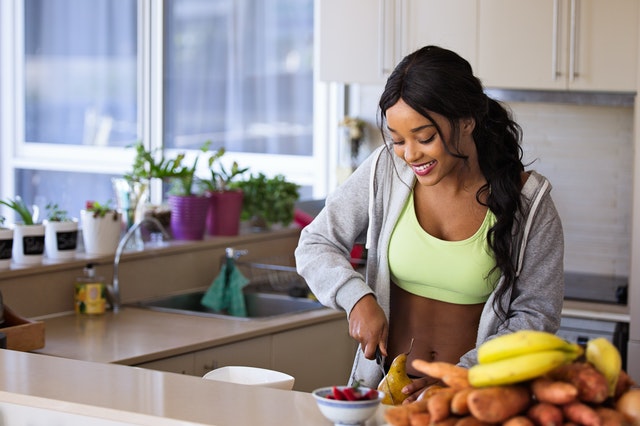
28 Foods to Decrease Anxiety and Depression & Enhance Positive Moods
by Counseling and Wellness Center of PittsburghJuly 31, 2018 food for anxiety, food for depression, food for mood0 comments
Food & Mood Series by Liz Mckinney, CNS, Board Certified Nutritionist
“It is both compelling and daunting to consider that dietary intervention at an individual or population level could reduce rates of psychiatric disorders. There are exciting implications for clinical care, public health, and research” – editorial in the American Journal of Psychiatry...Learn MoreAnxiety and Depression During Pregnancy, ‘Wellness for People Like Me.’
by Counseling and Wellness Center of PittsburghJuly 16, 2018 anxiety during pregnancy, depression in pregnancy, postpartum, stress pregnancy0 comments
Anxiety and Depression During Pregnancy, ‘Wellness For People Like Me.’
Depression and Anxiety in Pregnancy
Writer, blogger, and art therapy graduate Angela Grace Wilt shares some of her experiences in recovering positive coping and mental health including ways to manage anxiety and depression during pregnancy. This is a part of the ‘People Like Me’ Series of our wellness blog,...Learn More
